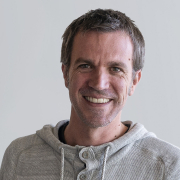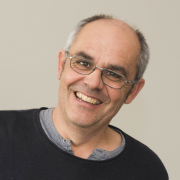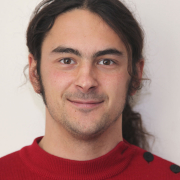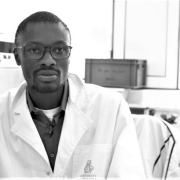Copyright : Laboratoire LEMAR- 2018
Yoann thomas
International
CNRS/IRD Sciences Frugales
Start Date
03/04/2025
End Date
03/04/2025
Artisanal shellfish farming in West Africa, and in the Saloum delta (Senegal) in particular, is very old, nearly 5,000 years old, and is an integral part of the culture and traditions of the local populations, particularly carried out by the women’s communities who are in charge of fishing, processing and marketing the products. However, in a context of global change, this activity is highly vulnerable due to a double constraint associated with climate change (CC) and overexploitation. This weakens the food security of the poorest populations, reduces their alternative means of subsistence and amplifies health risks. In line with the joint research carried out over the past ten years by scientists and women’s groups on the dynamics of the bloody cockle (Senilia senilis) stocks in the Saloum delta, this project aims to complement the experimental and modelling work with a participatory monitoring approach designed to deconvolute the constraints linked to climate and overexploitation, and to strengthen the capacities of local communities by involving them in the development of tools and methods to assist management and decision-making. The monitoring concerns both environmental parameters (development of low-cost sensors) and fishing practices and daily landings from the various mudflats exploited. This project requires an interdisciplinary approach between the natural sciences and the human and social sciences, as well as close collaboration with all the stakeholders in the fishing industry in order to move towards a real adaptive co-management of this socio-ecosystem.
Laboratory Members
Contributors
- Xavier Capet (LOCEAN)
- Cédric Courson (AMURE/LOCEAN)
- Éric Machu (LOPS)
- Timothée Brochier (UMMISCO)
- Peggy Rimmelin-Maury (IUEM/OBSERVATOIRE)
- Malick Diouf (UCAD/IUPA)
- Claudette Diatta (UCAD/IUPA)
- A-K Houmenou (UCAD/IUPA)
- Ousmane Diankha (Univ. THIES/DAMCP)










